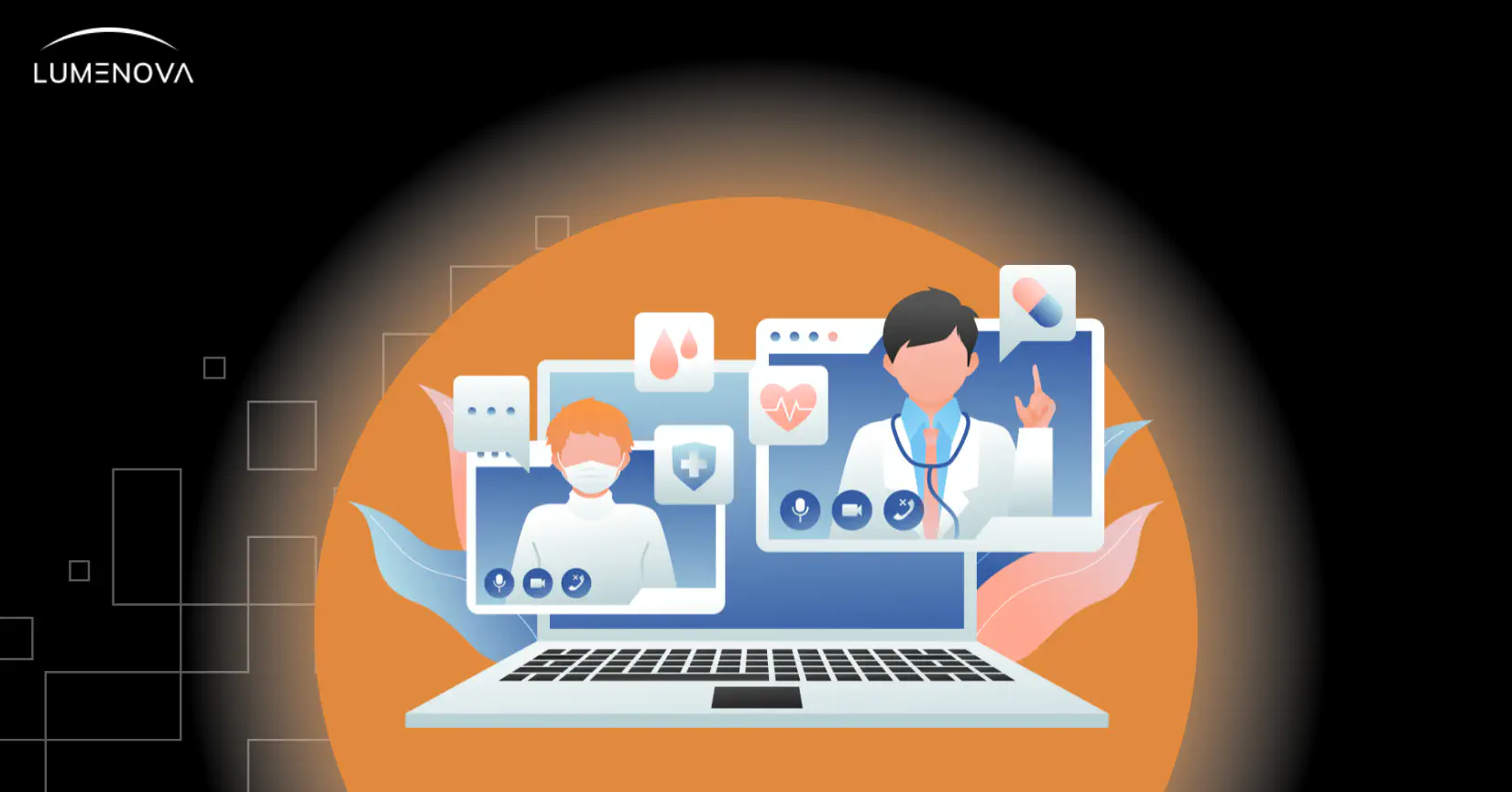June 26, 2025
The Hidden Dangers of AI Bias in Healthcare Decision-Making

Contents
Artificial intelligence has been making waves in the medical field, with adoption rates accelerating particularly in the last few years. According to Grand View Research, the global AI in healthcare market will surpass $187 billion by 2030, indicating that artificial intelligence’s presence in medical environments is only going to grow. As AI’s presence grows, though, the hidden risk of AI bias in healthcare is increasing along with it.
If an AI system misdiagnoses a patient or recommends an inappropriate treatment, and a human doesn’t catch the error before it influences the patient’s treatment plan, the results can be catastrophic. A lawsuit against UnitedHealth in 2023 alleged that AI was used to wrongfully deny insurance claims. The suit claims that as a result, patients were refused care and prematurely kicked out of medical facilities.
The UnitedHealth example is one case among many, in which the public has questioned how AI bias in healthcare is impacting their care. This reality demonstrates that if you operate in the healthcare industry and you use AI, or plan to use AI in the coming future, you must also invest in an AI governance platform.
Understanding AI Bias in Healthcare
AI bias refers to unfair, inaccurate, or discriminatory outcomes that AI systems produce due to biases in the data, algorithms, or model design. The source of these distortions is often flawed training data, but there are a variety of paths that might lead to the phenomenon. For example, if doctors historically treated patients of different races differently, those prejudices could appear in data that is used to train an algorithm today. As a result, that algorithm could perpetuate those biases, even if the developers of the system didn’t intend to do so.
What Happens When Things Go Wrong?
Biased AI systems can impact patient safety, cause reputational damage for organizations, and lead to legal issues. If algorithmic bias causes a certain group of patients to receive inferior care in the form of flawed diagnoses, inadequate care plans, or insufficient healthcare coverage, people’s lives can be irrevocably affected.
And, if an organization’s AI system negatively impacts a patient’s prognosis or quality of life, that team could also be exposed to significant legal liability. Decisions influenced by AI bias can violate anti-discrimination laws, such as the U.S. Civil Rights Act, the Americans with Disabilities Act, or EU equality directives. With emerging frameworks like the EU AI Act imposing strict requirements for fairness, transparency, and accountability, organizations that deploy biased AI models risk non-compliance, fines, and enforcement actions. Similarly, failures in data stewardship and transparency can lead to breaches of HIPAA or GDPR obligations.
How a Robust AI Governance Platform Can Help
The AI risks that come with utilizing artificial intelligence in medical settings can threaten to derail operational processes at a variety of points in the AI lifecycle. An effective solution to manage these AI risks must be comprehensive to cover every AI use case in your organization. As you consider an AI governance or responsible AI platform, consider whether each of your options accommodates the following needs.
Establishing Guardrails to Prevent AI Hallucinations
With 75% of healthcare organizations experimenting with or planning to scale generative AI, the risk of hallucinations infiltrating documentation or patient communication is a pressing one. These are instances in which an AI model generates outputs that are factually incorrect, misleading, or entirely fabricated. To mitigate this risk, AI governance frameworks should include specific guardrails designed to detect, prevent, and correct hallucinations.
Bridging Technical and Business Stakeholders in AI Risk Decisions
AI governance must break down silos between data scientists, compliance teams, clinical leaders, and executives. By creating shared frameworks for risk assessment, reporting, and accountability, your team can ensure that AI risk decisions balance technical realities with business objectives and ethical responsibilities. This alignment is essential for responsible innovation that earns stakeholder trust.
Continuous Monitoring and Improvement
AI governance is not a one-time exercise. Models must be subject to continuous monitoring to detect bias drift, performance degradation, or unintended consequences as real-world conditions change. Early-warning systems, model alerts, and dynamic risk assessments allow organizations to intervene proactively, protecting patients and keeping AI systems aligned with institutional values and regulatory expectations.
Book a Demo Today to Discuss Your AI Governance Needs
AI has the power to transform healthcare for the better. It can improve efficiency, expand access to care, and improve patient outcomes. But, this potential can only be fulfilled if the hidden AI risks associated are addressed head-on with a comprehensive, proactive Responsible AI platform. Reach out today to book a demo of the Lumenova AI platform to learn more.